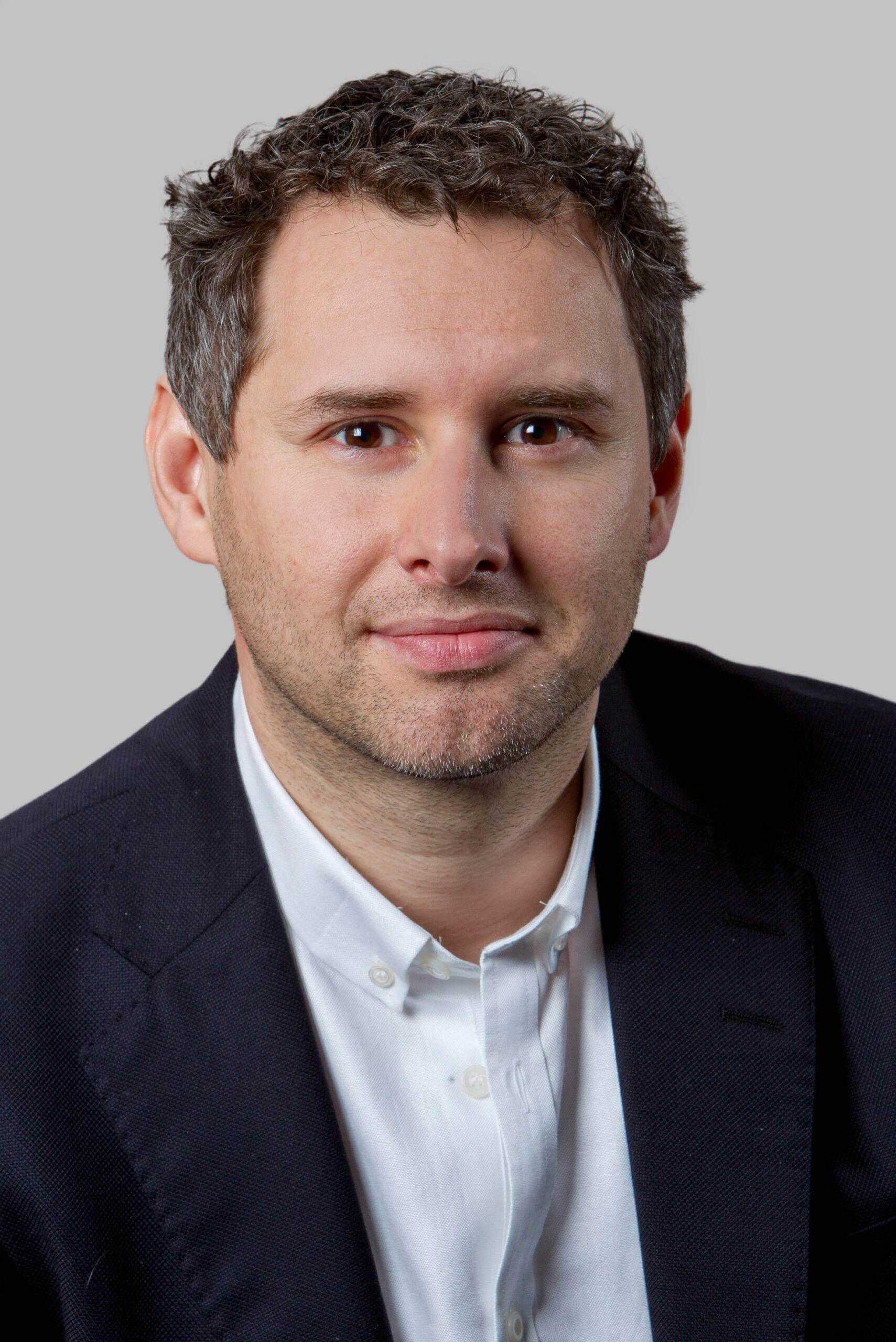Paulina McPadden from Baillie Gifford is our Fund Manager of the Month

9 MAR, 2022
By Constanza Ramos
Paulina joined Baillie Gifford in 2013. She has worked with regional and global equity teams and is an analyst in the International Growth Team and co-manager of International Concentrated Growth. Paulina graduated MA (Hons) Arabic & Politics from the University of Edinburgh in 2013 and is proficient or fluent in Arabic, French and Polish.

When did you start your career? What made you want to pursue a career in finance?
On graduating from the University of Edinburgh with a degree in Arabic and Politics, I joined Baillie Gifford as a graduate trainee in 2013. I had not intended to work in finance, and in fact didn’t know much about asset management at all, but I was attracted by the firm’s commitment to hiring graduates from a wide variety of backgrounds and the long-term approach to investing. The opportunity to stay in Edinburgh, which I had fallen in love with during my studies, was a bonus.
What do you enjoy most about your role as an Investment Manager at Baillie Gifford? And is there anything you find less interesting?
The freedom to research companies at the forefront of deep structural changes across a wide variety of industries – finance, healthcare, energy, computing – is hugely rewarding because our work is often relevant to everyday life. And because we’re trying to imagine what the world might look like in a decade’s time, we spend a lot of time engaging with academics and researchers whose time horizons match our own. For example, being able to speak at length with quantum computing experts working to create more secure and faster communications, or battery researchers developing cheaper and safer storage technologies to help the world decarbonise. Speaking to company management is also thrilling. These are the people creating the future and putting technological advancements into consumers’ hands, after all.
Research and analysis is the core of an investment manager’s role, but everything else we do is rewarding in its own way. Each day is different, whether it involves company meetings, speaking to clients and prospects, or mentoring junior investors. So, it’s impossible to be bored!
What key principles drive your investment processes and why?
Academic research and our own experience tell us that most companies don’t matter. Equity market returns are driven by a very small number of truly exceptional companies, with half of the value created by the US stock market over the last hundred years created by just 90 companies for example. But these returns don’t happen overnight, and to really capture the potential value creation you need to be willing to hold companies through the inevitable turbulent periods. I see finding the companies capable of generating these exceptional returns and owning them for the long term to be the foundation of active investing.
And because equity returns are asymmetric, with the potential to make many multiples of clients’ money if you’re right, focusing on potential upside is critical. This requires a particularly optimistic outlook on the world, one that relies on a supportive and encouraging environment and a culture that encourages curiosity over certainty.
How would you describe the composition of your portfolio? What type of companies do you usually like to include in your portfolio? Do you have any red lines when it comes to include a certain asset in your portfolio?
I invest primarily in international equities although our fund also has a small allocation to the US. We are looking for the 20-35 companies that are driving or benefitting from structural change, and thus capable of exploiting significant growth opportunities on a 5–10-year view. The portfolio is concentrated because we think there is only a small number of companies capable of delivering extreme returns. We don’t want to dilute client returns by owning companies without the potential to become genuine outliers. There isn’t one template for what an outlier looks like, although what tends to link them is an expanding growth opportunity, the potential for enduring sources of competitive edge, and a sense of ambition on the part of the management team.
Given our time horizon, issues of sustainability and ESG are quite important. A company that creates positive externalities and solves problems for society is much more likely to persist and succeed in the long-term. On the flipside, companies that create negative externalities for example by polluting their environment or harming key stakeholders, are much more likely to be regulated against, find themselves boycotted by consumers, or quite simply be disrupted by new and better alternatives. Given our portfolio’s level of concentration, we require a fairly high degree of conviction in each individual holding. So, the bar for inclusion – financial and otherwise – is high. The one bold red line we have is an absolute commitment to growth. We will not invest clients’ capital in a company that does not have a path to growing fivefold or more over a 5–10-year period.
Which sectors do you think are particularly interesting at the moment with the current situation of the markets? And what sectors do you think could become more attractive in the near future?
The last two decades have seen an unprecedented amount of change, with industries like retail and advertising completely disrupted through the rise of ecommerce and social media. The pandemic accelerated this transition but there is still a long runway for growth in these areas and attractive opportunities in verticals such as food delivery. But even more exciting is the fact that this disruption is spreading to other industries, with cars becoming electric and autonomous, the falling cost of gene sequencing driving change in healthcare, and pricing declines in renewable energy making a green transition possible. I think this background offers a really fertile hunting ground for long-term growth investors.
Finance itself is an area undergoing a lot of transformation at the moment. Merchants are facing increasing complexity for example, with ecommerce forcing them to deal with customers all around the world with different currencies and payment methods. Companies that help mediate that complexity, reduce fraud rates, and drive rates down are therefore solving a huge problem for their business customers and represent exciting investment opportunities.
Data says only around 14% of fund managers are women – why do you think there aren’t more women in portfolio management positions?
Asset management is still a male-dominated industry, perhaps partly for historical and cultural reasons, with the resulting lack of female role models discouraging women from entering and staying in the business. While I don’t believe in gender-based generalisation around issues like propensity for better risk management, it seems self-evident that having more diverse decision-making groups should result in wider-ranging and better-informed discussions. This should lead to better performance, as well as being helpful from a cultural and quality of life perspective. For example, the push for more generous parental leave policies in the finance industry – partly motivated by the desire to encourage female retention – should improve work/life balance for all employees regardless of gender.
What do you like to do when you aren’t working? Do you have any hobbies?
When not working I enjoy baking, gardening, and exploring the beautiful landscapes of Scotland with my husband. Our black lab puppy is almost a year old now and we’ll soon be able to take him hillwalking with us!
How would you describe yourself in three words?
Curious, optimistic, adaptable.


